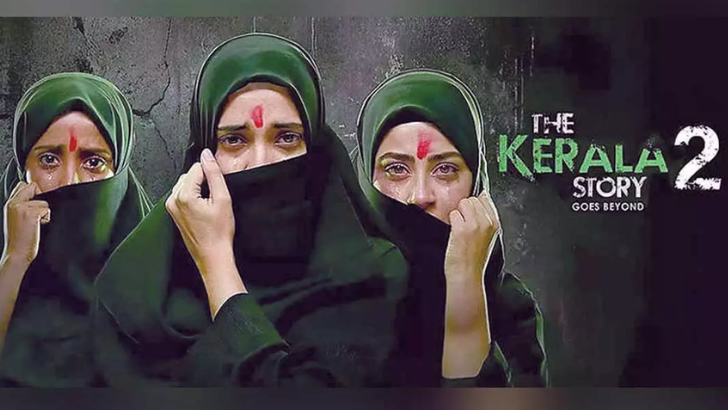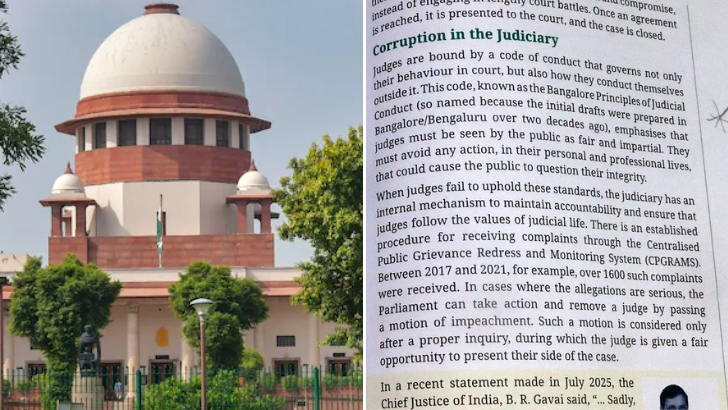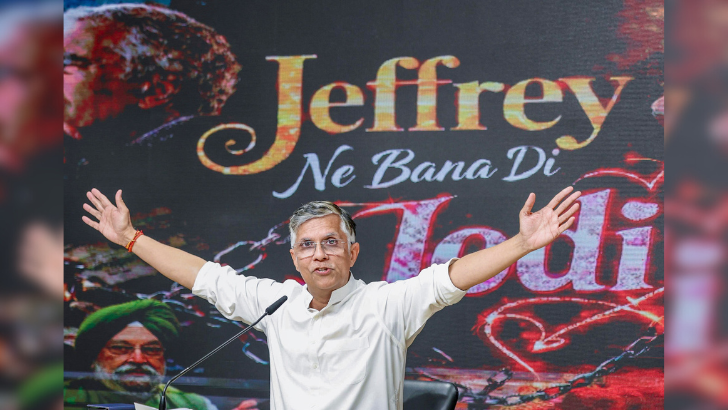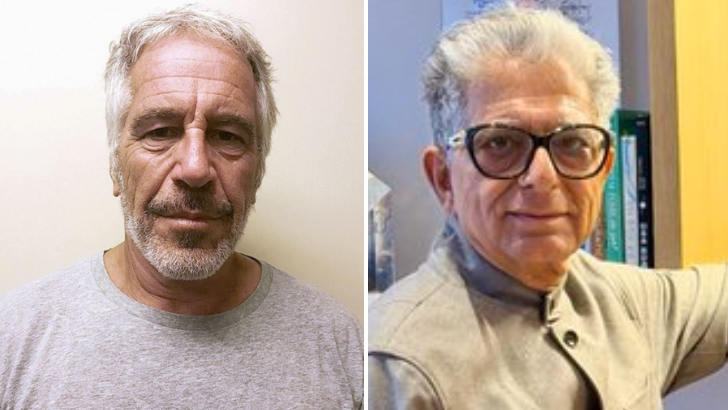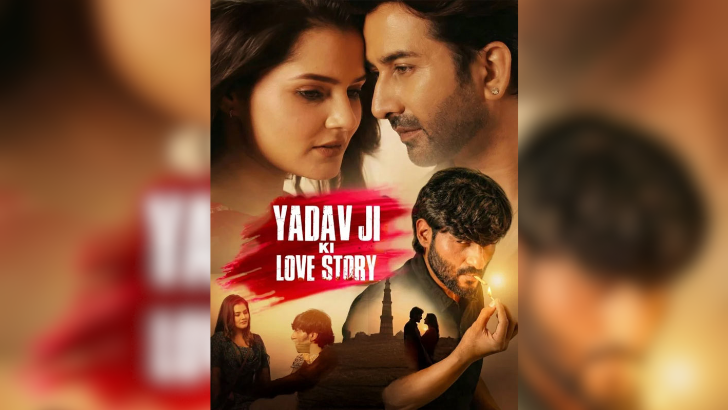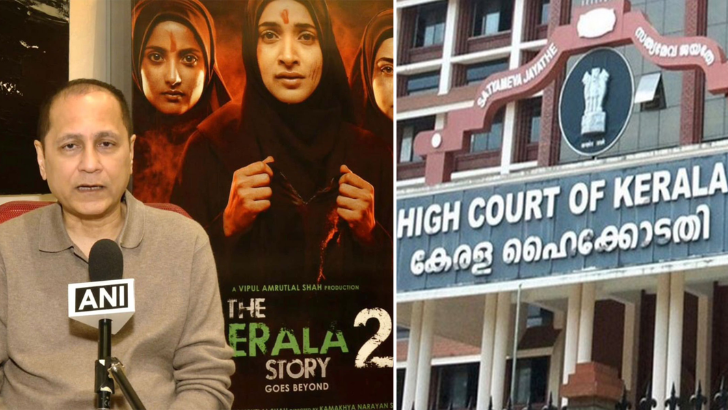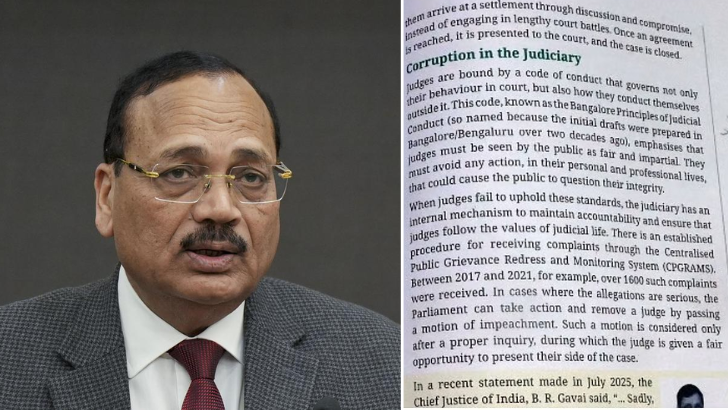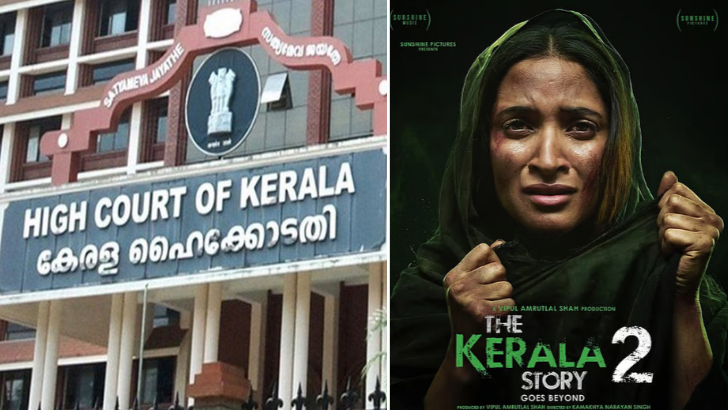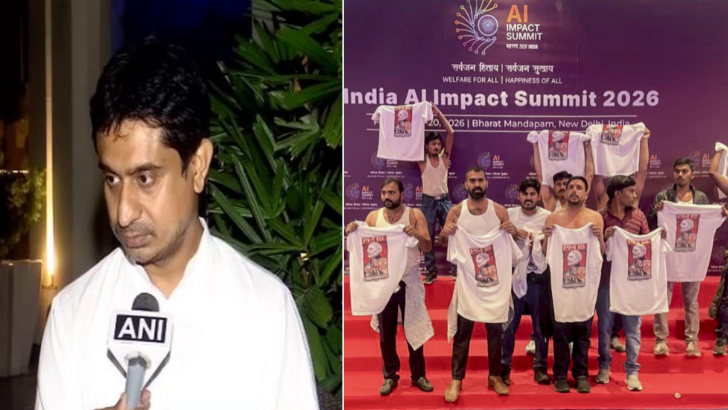SC warns courts against misogyny, rejects 'Pakistan' label
The apex court's strong observations came as it closed the suo motu proceedings over Karnataka High Court judge Justice V Srishananda's alleged objectionable comments during court proceedings
PTI
-
The bench said it was important that every judge should be aware of their own predispositions.PHOTO:PTI
New Delhi, 25
Sept
The Supreme
Court on Wednesday cautioned courts against making comments that may be
construed as "misogynistic" or directed towards a particular
"gender or community" and said no part of Indian territory can be
called Pakistan.
The apex
court's strong observations came as it closed the suo motu proceedings over
Karnataka High Court judge Justice V Srishananda's alleged objectionable
comments during court proceedings. The Supreme Court also noted that he had
apologised for his observations during open court proceedings on September 21.
A
five-judge bench headed by Chief Justice D Y Chandrachud observed that since
Justice Srishananda was not a party to proceedings before it, "we desist
from making any further observations save and except to express our serious
concern about both the reference to gender and to a segment of the
community".
The top
court on September 20 took suo motu cognisance of the judge's comments against
a woman lawyer during court proceedings in a case and his reference to a
Muslim-majority area in Bengaluru as "Pakistan" in another.
"Casual
observations may well reflect a certain degree of individual bias particularly
when they are likely to be perceived as being directed to a particular gender
or community," the bench, also comprising Justices Sanjiv Khanna, B R
Gavai, Surya Kant and Hrishikesh Roy, said on Wednesday.
"Courts,
therefore, have to be careful not to make comments in the course of judicial
proceedings which may be construed as being misogynistic or for that matter
prejudicial to any segment of our society," it said.
Referring
to the text of a report submitted before it by the registrar general of the
Karnataka High Court, the bench said it amply indicated that observations made
in the course of proceedings there were unrelated to the course of proceedings
and should have best been eschewed.
"The
perception of justice to every segment of society is as important as the
rendition of justice as an objective fact," it said.
"Such
observations are liable to be construed in a negative light, thereby impacting
not only the court of the judge who express them but the wider judicial
system," it said.
After the
bench dictated the order in the court room, Attorney General R Venkataramani
referred to some messages on X about the observations and termed them
"absolutely vitriolic".
"Now
you have seen the nature of the observations. We can't call any part of the
territory of India as Pakistan. Because that fundamentally is contrary to the
territorial integrity of the nation," the CJI observed.
Solicitor
General Tushar Mehta said social media can't be controlled and the anonymity
attached with it makes it "very dangerous".
"But
should I tell you, the answer to sunlight is more sunlight. Not to suppress
what happens in the courts," Justice Chandrachud observed, adding that the
answer was not to close doors and shut everything down.
The bench
said the prevalence and reach of social media has included wide reporting of
court proceedings and most high courts in the country have now adopted rules
for live streaming or for conduct of video-conferencing.
"Emerging
as a necessity in the course of the COVID-19 pandemic, video-conferencing and
live streaming of proceedings has emerged as an important outreach facility of
courts to promote access to justice," it said.
The bench
said all stakeholders in the judicial system, including the judges, lawyers and
litigants particularly parties-in-person, have to be conscious that the reach
of proceedings which takes place in the courts does not extend to merely those
who are physically present but also to audiences.
"This
places an added responsibility on judges and lawyers as well as litigants who
appear in person to conduct proceedings conscious of the wider impact of casual
observations on the community at large," it said.
The bench
said it was important that every judge should be aware of their own
predispositions.
"The
heart and soul of judging is the need to be impartial and fair. Intrinsic to
that process is the need for every judge to be aware of our own predispositions
because it is only on the basis of such awareness that we can truly be faithful
to the fundamental obligation of the judge to deliver objective and fair
justice," it said.
The bench
said it was emphasising this point because it was necessary for every
stakeholder to understand that the only values which must guide judicial
decision making were those which were enshrined in the Constitution.
The top
court noted that report of the high court's registrar general deals with two
proceedings before the judge, the first which took place on June 6 and the
other on August 28.
It said
after the apex court court had taken suo motu notice of these observations on
September 20, the court presided over by Justice Srishananda had assembled on
September 21 and the judge had read out an address in the open court in the
presence of the Bar members.
The bench
noted that the judge indicated during the September 21 proceedings that certain
observations made by him were quoted out of context in social media and the
observations were unintentional and were not intended to hurt the feelings of
any segment of the society or any individual in particular.
It said the
judge had also indicated that an apology was being tendered if any section of
society or any individual has been directly or indirectly hurt by his comments.-PTI
Leave a Reply
Your email address will not be published. Required fields are marked *








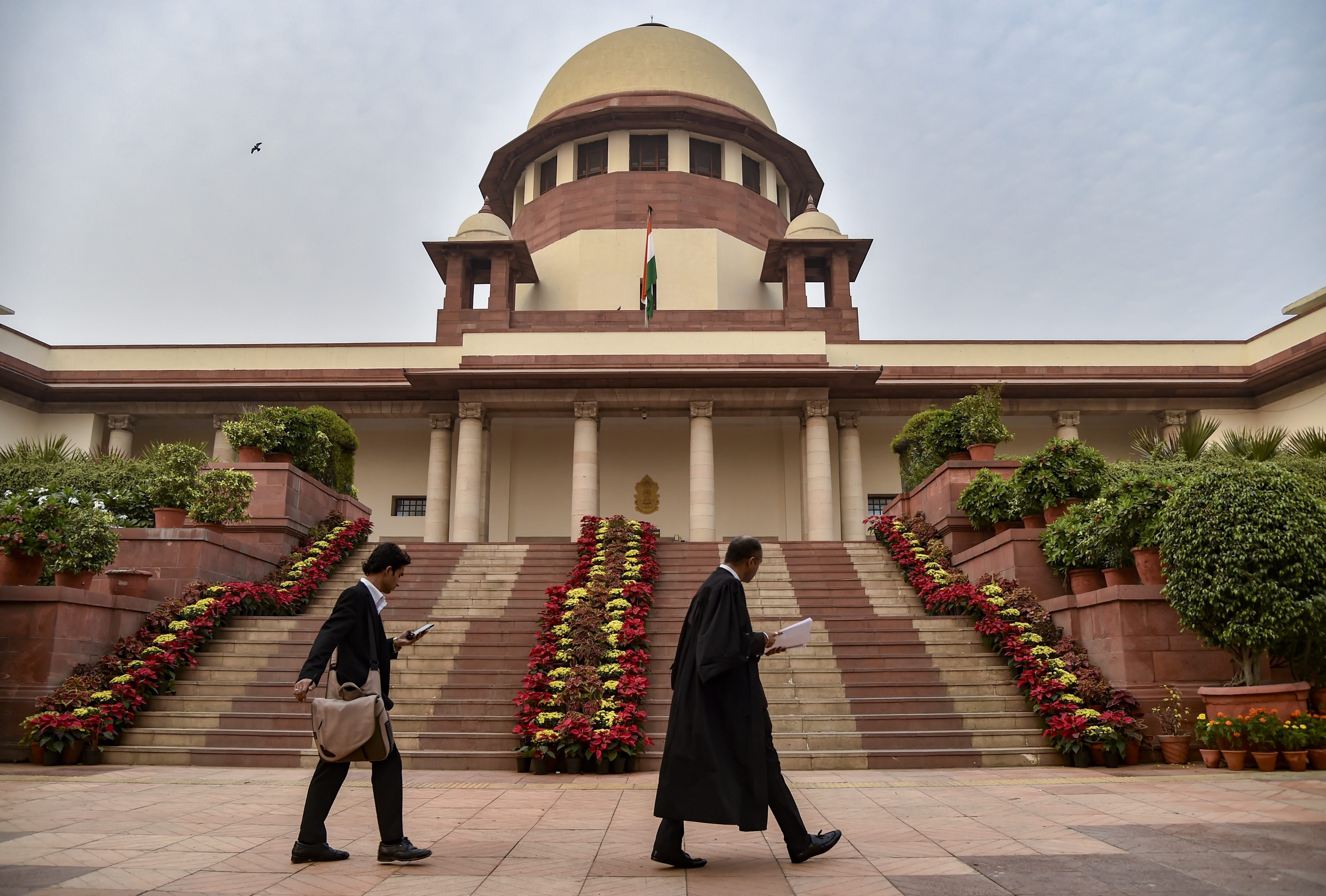

.png)
